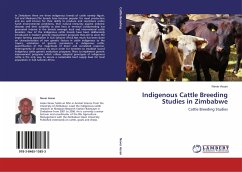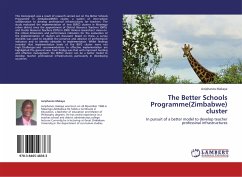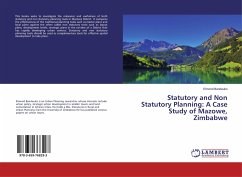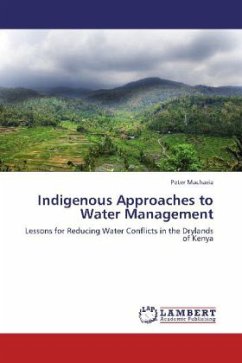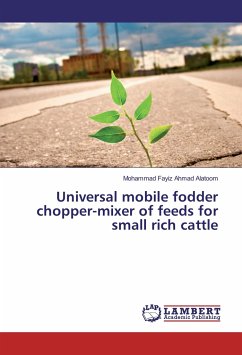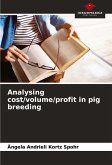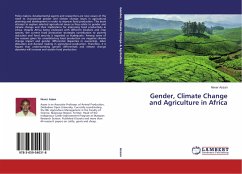In Zimbabwe there are three indigenous breeds of cattle namely Nguni, Tuli and Mashona.The breeds have become popular for meat production and are well known for their ability to produce and reproduce under harsh environmental conditions, their natural immunity against endemic diseases and their suitability as dam lines in terminal crossbreeding has generated interest in the breeds amongst local and international cattle breeders. Few of the indigenous cattle breeds have been deliberately introduced in modern genetic improvement programs that aim to serve the larger farming population in Sub Saharan Africa.Not much has been done on characterization of non genetic factors in cattle indigenous to the tropics, estimation of genetic parameters in indigenous cattle, quantification of the magnitude of direct and correlated response, heterogeneity of variance by sex,in order for breeders to establish sound indigenous cattle genetic evaluation programs. Plans to implement genetic improvement programs which utilizes adapted genotypes of indigenous cattle is the only way to secure a sustainable beef supply base for local population in Sub Saharan Africa
Bitte wählen Sie Ihr Anliegen aus.
Rechnungen
Retourenschein anfordern
Bestellstatus
Storno

